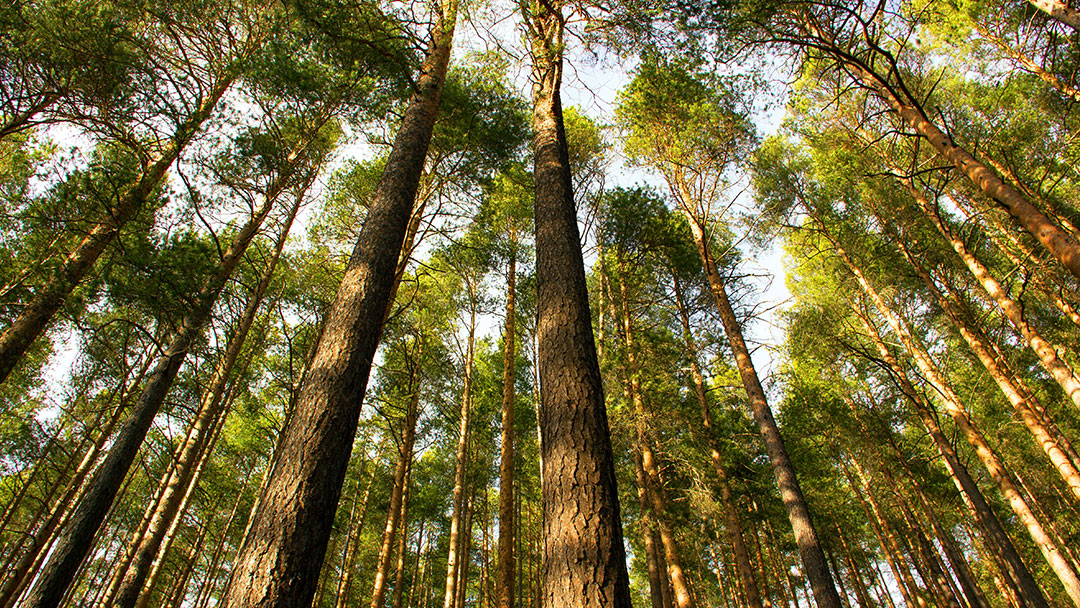A research team from Brown University has stumbled upon a never-before-used material that could change the world of batteries. For years, lithium ion batteries have been made with a liquid that is not entirely reliable, but this source is solid and safe. BU discovered that one of the best materials for the manufacturing of batteries is wood. A thin layer of cellulose from the wood on trees can be used to create polymer tubes that allow for a faster transfer of ions. This innovation could pave the way for an entirely new type of battery.
The liquid materials that are currently included in lithium batteries are known to short circuit. The teams at Brown University and their partner, University of Maryland, worked tirelessly to find this suitable alternative. Fortunately, the cellulose nanofibrils from the wood bind with copper to open highways for lithium ions to travel through. The new polymer would also reduce the environmental impact of battery manufacturing. With further testing, the team hopes that this new type of tubing could revolutionize the battery industry.
Learn more about how extrusion-based fabrication of electrodes is being used for high-energy Li-ion batteries.



